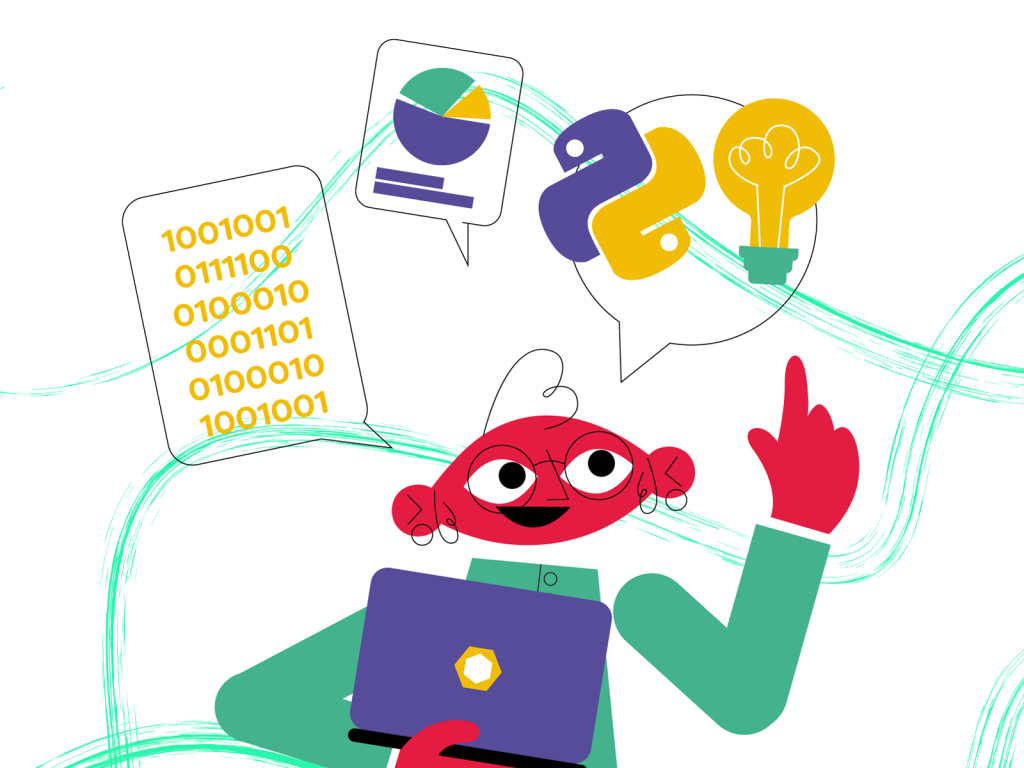
Have you ever wondered what a data scientist actually does? In today’s data-driven world, the role of a data scientist has become increasingly vital across various industries. Whether you’re a fresher just starting your career journey or an experienced professional looking to transition into the field of data science, understanding the responsibilities and skills of a data scientist is key. In this article, we’ll explore what a data scientist does, from the perspective of both freshers and experienced candidates, in a simple and enthusiastic manner.
What is a Data Scientist?
Before we dive into the specifics of what a data scientist does, let’s first understand what the role entails. A data scientist is an analytical expert who utilizes various techniques and tools to analyze and interpret complex data sets. Their primary goal is to extract actionable insights from data, which can be used to inform business decisions, improve processes, and drive innovation.
What does Data Scientist do as Freshers:
Embarking on the Data Science Journey
If you’re a fresher exploring the field of data science, you might be curious about what a data scientist does on a day-to-day basis. Here’s a glimpse into the typical responsibilities of a data scientist at the entry level:
Data Collection and Cleaning:
As a fresher in the field of data science, you’ll often be tasked with collecting and cleaning data from various sources. This involves understanding the data requirements, identifying relevant datasets, and preprocessing the data to ensure accuracy and consistency.
Exploratory Data Analysis (EDA):
EDA is a crucial step in the data science process, where you’ll explore and visualize the data to uncover patterns, trends, and outliers. As a fresher, you’ll gain hands-on experience with data visualization tools and techniques to analyze the data effectively.
Model Development:
While you may not dive into advanced modeling techniques right away, you’ll start by learning the basics of statistical analysis and machine learning algorithms. This includes building simple models for predictive analytics, classification, and clustering tasks.
Collaboration and Learning:
As a fresher, you’ll have the opportunity to collaborate with experienced data scientists and learn from their expertise. You’ll participate in team meetings, brainstorming sessions, and knowledge-sharing activities to enhance your skills and understanding of data science concepts.
What does data scientist do as Experienced Professionals:
Advancing in the Data Science Field
For experienced professionals transitioning into the role of a data scientist, the responsibilities and expectations may differ slightly. Here’s an overview of what a data scientist does at the experienced level:
Advanced Modelling and Analysis:
With experience comes a deeper understanding of advanced modeling techniques and algorithms. Experienced data scientists are proficient in building sophisticated models for predictive analytics, natural language processing, deep learning, and more.
Business Insights and Strategy:
Experienced data scientists play a strategic role in driving business insights and decision-making. They collaborate closely with stakeholders to identify business problems, define analytical objectives, and translate data insights into actionable recommendations.
Data Architecture and Engineering:
Experienced data scientists are often involved in designing and optimizing data architectures and pipelines. This includes selecting appropriate data storage solutions, implementing data governance frameworks, and ensuring data quality and integrity.
Mentoring and Leadership:
As experienced professionals, data scientists may take on mentoring and leadership roles within their organizations. They guide and mentor junior team members, share best practices, and contribute to the overall growth and development of the data science team.
Common Responsibilities of a Data Scientist:
Regardless of experience level, data scientists share several common responsibilities:
- Data Collection and Cleaning: Gathering and preprocessing data from various sources.
- Exploratory Data Analysis: Exploring and visualizing data to uncover insights and patterns.
- Model Development: Building and evaluating predictive models using statistical and machine learning techniques.
- Communication: Presenting findings and recommendations to stakeholders in a clear and understandable manner.
- Continuous Learning: Staying updated on the latest trends, tools, and techniques in the field of data science.
Conclusion: Embracing the Role of a Data Scientist
Whether you’re a fresher embarking on your data science journey or an experienced professional looking to advance in the field, the role of a data scientist offers endless opportunities for growth and impact. From collecting and cleaning data to building sophisticated models and driving strategic insights, data scientists play a vital role in leveraging the power of data to drive innovation and decision-making across industries.
So, whether you’re just starting out or have years of experience under your belt, embrace the role of a data scientist with enthusiasm and curiosity. With the right skills, mindset, and passion for data, you can make a meaningful impact and shape the future of data-driven decision-making.
To know top 10 data science online course click here!
Happy data exploring! ????